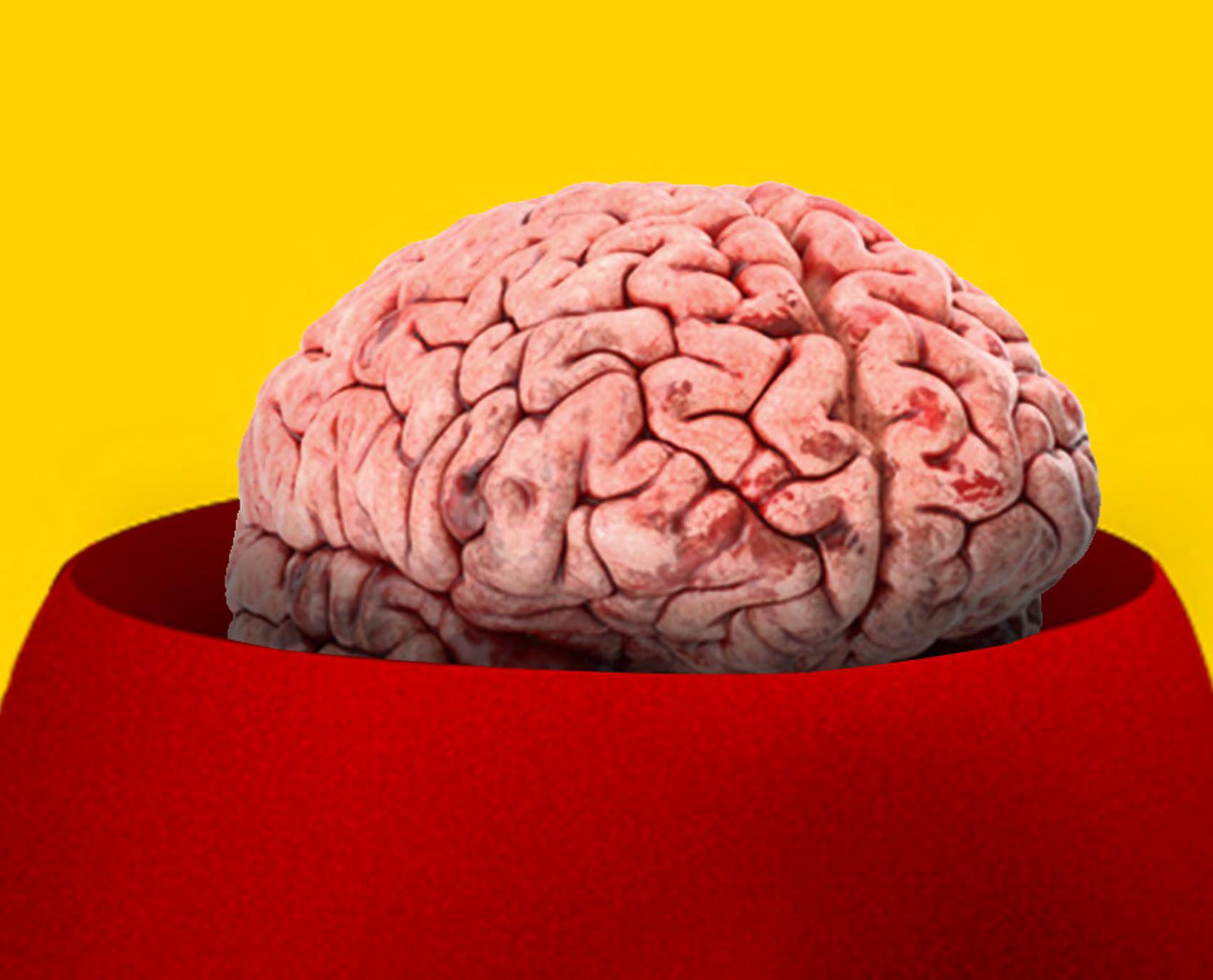KINDNESS



Gianna, Upper III (Year 7)

There are different acts of kindness in the world and everyone has done something kind before, but have you ever wondered: what does kindness do to our brains?
It is scientifically proven that kindness makes us happier and can help protect us from depression, but how and why? These are a few reasons:
Firstly, deep in the human psyche is the sense that helping others is the right thing to do. For some, it’s spiritual. Kindness aligns us with a deep sense of spiritual purpose, and some people are taught that kindness always has a way of coming back to us.
Secondly, helping others simply feels satisfying. For many, no explanation is necessary. It’s just the way it is. Kindness feels right and it feels like you’ve done something good which might motivate you into doing something kind again.
And for the brain, psychologically, kindness can positively change your brain. Being kind boosts serotonin and dopamine, which are neurotransmitters in the brain that give you feelings of satisfaction and well-being, and cause the pleasure/ reward centres in your brain to light up. Endorphins, which are your body’s natural pain killer, also can be released. Acts of kindness create emotional warmth, which releases a hormone known as oxytocin. Oxytocin causes the release of a chemical called nitric oxide, which dilates the blood vessels.
In science, there’s also the fact that we have ‘kindness genes’. The main gene associated with kindness is actually one of the oldest in the human genome, at around 500 million years old. This means it has played a role in our survival over a long period of time. As a result, we are drawn to help others and we get an intuitive sense that kindness matters.
Kindness has been shown to increase self-esteem, empathy and compassion, and improve mood. It can decrease blood pressure and cortisol, a stress hormone, which directly impacts stress levels. People who give of themselves in a balanced way also tend to be healthier and live longer. It brings a fresh perspective and deepens friendships. Kindness to ourselves can prevent shame from corroding our sense of identity and help boost our self-esteem. Kindness can even improve feelings of confidence and optimism.
Meditation is also a form of kindness to yourself. Practising lovingkindness may protect your genes and slow down the ageing process, a new study has find. Chronic stress and ageing take their toll on the mind and body, including our genes. A number of studies show that for some, meditation decreases stress, and slows down the rate at which cells age. Studies show that people who actively help and support others, family members, friends, or those in the community, might actually be more likely to live longer. Experts say that kindness is one of the main features of intelligence. In other words, good people are the smartest.. And mostly kind people are the happiest.
Are you always happy? Is that because you’ve done something kind? How is kindness affecting your brain?

www.theabbey.co.uk